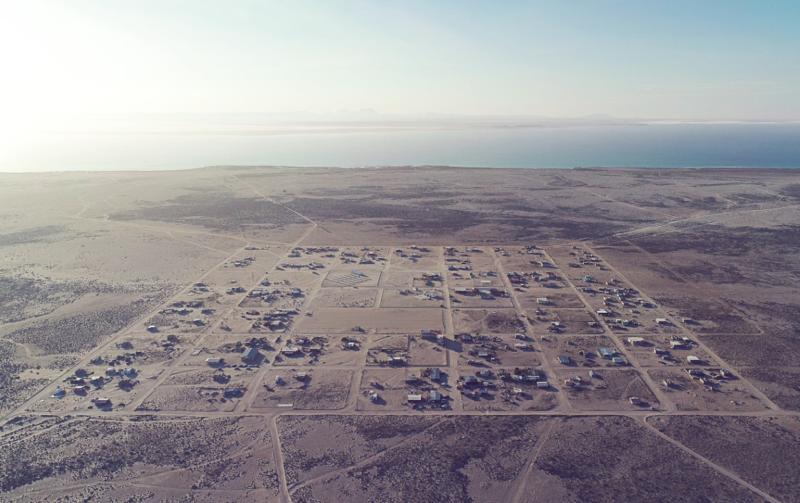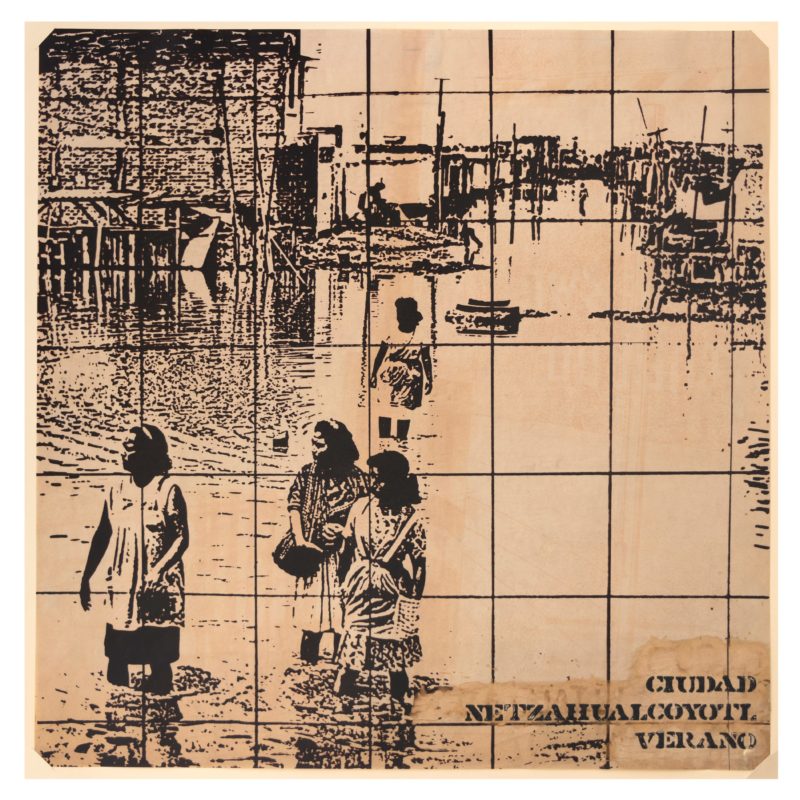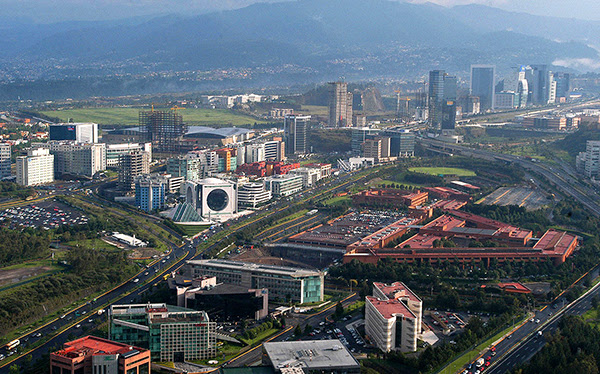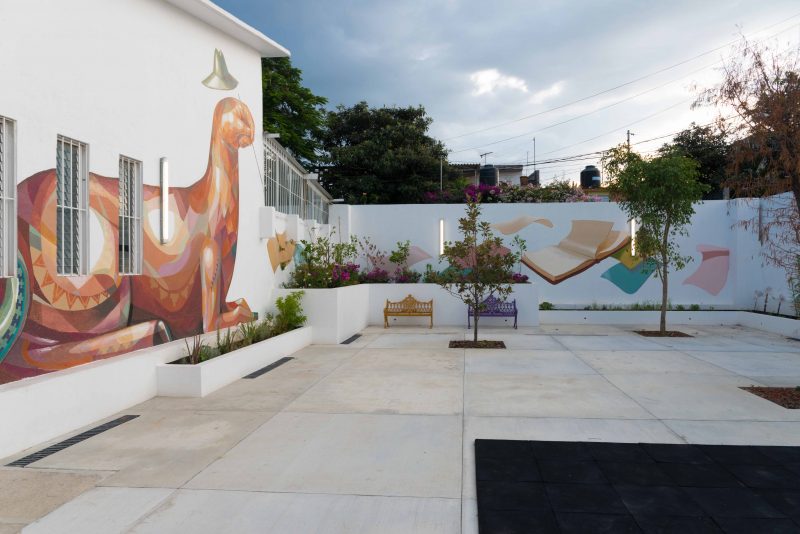Oliver J. Curtis and Gabriel Muñoz Moreno met in 2015 while at the Harvard Graduate School of Design where their common interest in architecture and ecology brought them together. As co-recipients of a research fellowship through Harvard’s Mexican Cities Initiative, they studied adaptation and development patterns throughout the oases of Baja California. An arid and rugged mountainous ridge, the Baja California region is home to more than one hundred inland and coastal oases. This project explored the development patterns, construction methods, and resiliency strategies already in place to understand the impacts of urban- and tourism-related growth. Without preconceived notions, they […]
Category Archives: Innovations In Everyday Urbanism
Evan Neuhausen AMLO’s historic landslide victory in the 2018 elections marks a milestone in Mexico’s long transition from corrupt and authoritarian neoliberalism to democracy. This transition began in the early 1970s in the urban periphery of Mexico’s cities, where veterans of the 1968 Student Movement had moved to organize the urban poor. These organizations, at first isolated and small, coalesced into a national movement, the Movimiento Urban Popular (MUP). By the early and mid-1980s, MUP had successfully broken PRI’s control over Mexico’s urban populations, especially amongst the urban poor. Rapidly losing legitimacy and control over the urban poor in the […]
Mexican Cities Initiative and the David Rockefeller Center for Latin American Studies are proud to present the following keynote address and panel discussions. Date: Friday, March 31, 2017, 6:30pm to 9:00pm Location: Piper Auditorium, Gund Hall, Harvard Graduate School of Design, 48 Quincy Street Keynote Address: Urban Challenges in an Era of Climate Change Register here. Registration is not required to attend, but it is encouraged. *This presentation will be conducted in Spanish with simultaneous translation. Speaker: Miguel Angel Mancera, Mayor of Mexico City Introduction: Jorge Domínguez, Antonio Madero Professor for the Study of Mexico, Department of Government; Chair, Harvard Academy for International and Area […]
Date: Wednesday, November 9, 2016 – 6:30pm Location: Graduate School of Design, Gund Hall, Room 112 Officials from Fundación Hogares and the Mexican National Workers’ Housing Fund Institute (Infonavit) will join UPD faculty and students in a discussion of planning and design strategies deployed to address the growing problems of housing abandonment in Mexico. Focusing on a social housing development in Oaxaca, the panel will address the conditions that made it possible for national government officials, urban designers, community development professionals, and housing policy advocates to push forward an experiment in policy innovation via on-the-ground implementation. Panel: Paulina Campos, CEO, Fundación Hogares […]
BY RICARDO NURKO AND ANALIESE RICHARD This is part of a series exploring public space and democracy in Mexico City. How can citizens have a say in the management of public space? Building a good strategy depends on mapping out the other actors involved and understanding the bureaucratic cultures and political timeframes of the many governmental entities that share jurisdiction over any given space. In Pushkin Park, multiple agencies with different scales and scopes of operation have power over particular aspects of the space, and there is very little communication or coordination among them. For citizen groups in Mexico, figuring […]
by Ricardo Nurko and Analiese Richard This is part of a series exploring public space and democracy in Mexico City. Public spaces are important points of encounter and interaction among different social groups. As cities grow and societies become more stratified, public spaces take on renewed importance as sites and symbols for cultivating democracy. In this series we plan to explore the role of experts, authorities, and lay people in planning, creating, and inhabiting urban public spaces, through accounts of the Roma neighborhood of Mexico City, where we live and work. Ricardo Nurko is founder and principal of the architectural […]
Thinking differently about housing offers a key tool to generate new social arrangements, transform city landscapes in ways that fashion a more vibrant urbanism, and create new possibilities for urban value creation. The following commentary by Diane Davis was originally published in Citiscope. Economists, sociologists and political scientists have long theorized a positive relationship between the growth of cities and national economic development. But the contemporary experience in many emerging economies suggests that we need to rethink these assumptions. Next year’s Habitat III conference and the current process to define its 20-year urbanization strategy, the New Urban Agenda, offer an […]



